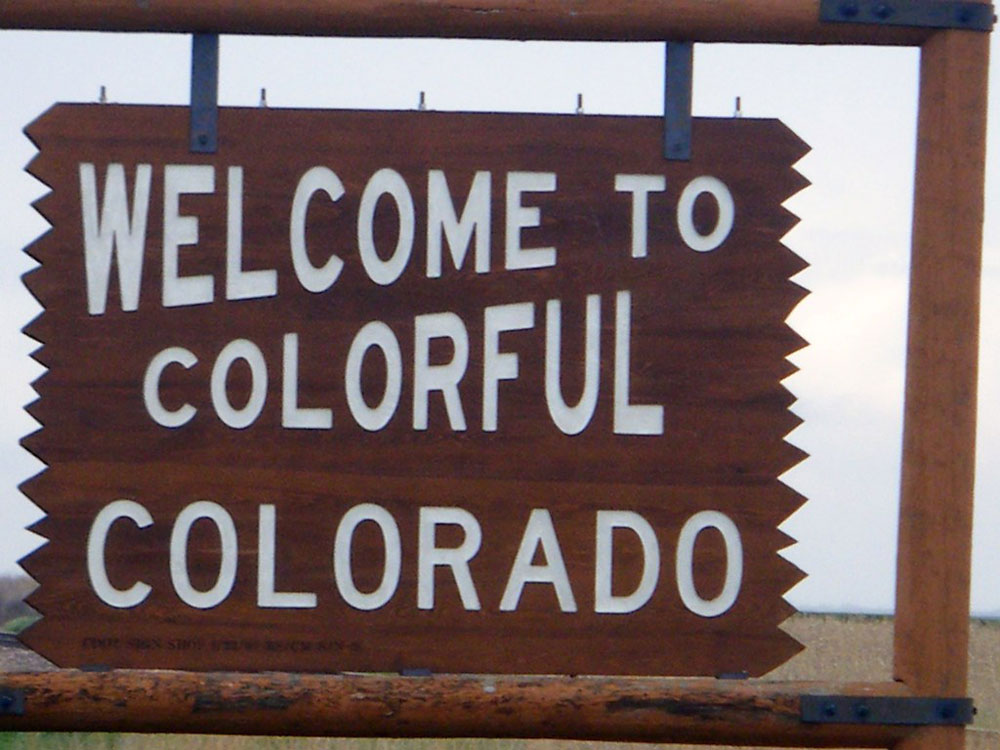
September 2, 2019; Aspen Daily News
Mountain Family Health Centers, a health system in Colorado, is one of many nonprofits reeling from news of new rules regarding immigration. Among these: On August 12th, the US Department of Homeland Security issued its “Final Rule on Public Charge Ground of Inadmissibility,” which aims to create “stricter standards for immigrants who want to apply for legal permanent residency in the United States,” broadening who is considered a “public charge.”
Currently, an immigrant is ineligible for permanent residency if that person is deemed a “public charge,” meaning a majority of their cash income comes from public assistance. As NPQ’s Benjamin Martinez explained last month, the rule changes would do two things. First, they’d vastly widen what counts as public aid to include “health coverage through Medicaid, food assistance through SNAP (food stamps), housing assistance, and Medicare Part D low-income subsidies.” Second, immigrants who receive even “modest amounts of any of these benefits” could be considered ineligible, regardless of whether the aid is remotely close to a majority of their income. In other words, pay for a doctor’s visit with Medicaid insurance, and goodbye green card. Or, at least, that is the risk an immigrant family could run.
This ruling is set to take effect on October 15th, but implementation is likely to be delayed due to multiple legal challenges both from nonprofits and state attorneys generals. Should it take effect, however, the rule change would clearly endanger immigrants’ access to health services.
Mountain Family’s mission is to provide care “with special consideration for the medically underserved, regardless of ability to pay.” It serves 21,000 patients a year at eight centers; about half of its patient population is Latinx and many are immigrants who would like to become permanent residents.
Sign up for our free newsletters
Subscribe to NPQ's newsletters to have our top stories delivered directly to your inbox.
By signing up, you agree to our privacy policy and terms of use, and to receive messages from NPQ and our partners.
Danyelle Rigli, Mountain Family’s advocacy coordinator, explains that because it serves the uninsured without regard to ability to pay, the proposed public charge rules have no direct impact on them. Getting this message out, however, can be challenging.
Rigli authored an email that seeks to set the record straight: “We are here to provide high quality mental, behavioral, and dental health care, no matter your immigration status. The public charge evaluation does not apply to sliding fee scales, like we offer [at Mountain Family], or any other program not directly addressed in the new rule. We encourage people to remain enrolled in programs they are eligible for.” Of course, the mere establishment of a connection between health coverage and immigrant status can scare away many from getting the care they need.
The proposed rule changes also place health care providers in an ethical dilemma. Even something as simple as documenting immigration status in a patient’s medical record could have unintended negative consequences. In particular, US health care workers are concerned that immigrants may fail to get medically necessary care and services because they are afraid of the surveillance of immigration agents. It is worth emphasizing that Mountain Family Valley Health Centers do not collect information from patients on immigration status, one measure they take to protect the patients they serve.
Garry Schalla, development director for the nonprofit health care system, emphasizes the need to offset the climate of fear that has been created. “The fears are already existing and have been for some time,” Schalla tells Megan Tackett of the Aspen Daily News.
Yesterday, we published a newswire about the same dynamics as they invade our schools. States and communities are fighting back through trying to provide services in a way that counteracts this divisive, terrifying, toxic fear. Watching community agencies organize those responses is a testament to our networks of information and advocacy when combined with local communities that care.—Kristen Munnelly













